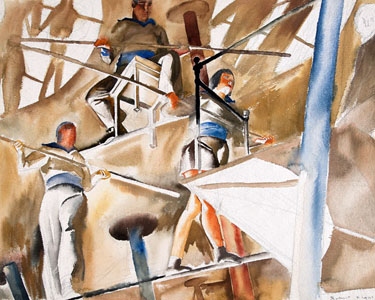Fatigue plays a role in all my difficulties, it seems I can never get enough sleep or rest to concentrate on everything and I’ll be repeating this throughout the blog.

Poor balance has occurred since my right knee was weakened in my brain injury accident and I don’t know why, I always thought it was caused by nerve damage. My doctors have said balance is an inner ear problem, yet I don’t sense anything wrong with my ears. The only hearing issue I have is that I can’t filter out sounds and the noises become a distraction, but I understand this to be an attention problem.
I constantly need to shift my weight from between legs, place my left knee behind my right knee for support when I stand still or lean against an object to keep my stability, while I’m wearing my knee brace and carrying my cane. I found an article on the internet about TBI balance problems. It talks about the inner ear and the basal ganglia in the brain and its role with providing balance.
A simple description is that the basal ganglia maintain movement and counter movement to make motions smooth, it’s responsible for processing other information as well. (Read about the basal ganglia.) The basal ganglia happens to be the location of my brain injury.
The exercise I find helpful for improving my balance is standing in a doorway holding on to the walls or having some other support while standing on one leg for several seconds, then switching legs. Over time I can increase my time. It’s a thrill when I feel that I’m getting better.
Dizziness is more confusing than the imbalance I experience. There were times when I couldn’t focus my eyes on distant objects, times when I’d become light headed and there were other times I’d feel as if I were in a boat rocking back and forth. I’d have difficulty judging the distance to the ground/ floor so I could stabilize myself with my healthy leg. I need to sit down, close my eyes and rest until I’m stable enough to get home. (Read about dizziness.)
I don’t know if this is a problem caused by the inner ear, the basal ganglia or spasticity.
Spasticity is when muscles are constantly tightened, inhibiting relaxation and making coordination difficult if not impossible.(Read about spasticity and TBI.)
Spasticity with a brain injury is when the brain stem is damaged. This can happen when the head rebounds from striking a blunt object, disrupting communication in the nerves between the brain and the muscles. Spasticity happens when I’m tired or fatigued and is apparent when I bend my right arm at the elbow and make a fist with my hand. My legs become extended and toes clenched, When I walk I swing my leg from the hip, occasionally my knee will shake when I stand, but I’m not sure if spasticity is the cause.
This reinforces what my neurologist told me about the tingling sensation in my thighs, it’s a result of my brain stem being harmed when my head hit the pavement in the accident.
I find stretching my legs and rubbing arnica gel on my thighs will reduce the tingling sensation.


